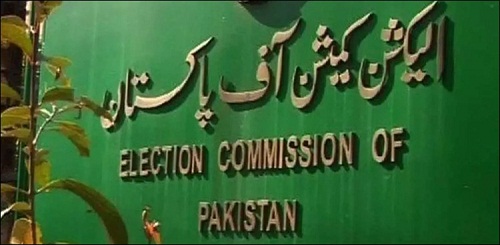ISLAMABAD, Sep 23 (DNA): The Election Commission of Pakistan (ECP) on
Saturday approved changes to 18 clauses of the Election Rules besides
issuing five new forms.
The ECP said that objections could be raised to these changes within 15
days.
As per one of the changes, a candidate will have to open a separate bank
account for election campaign-related expenditures, and that a joint
account will not be acceptable.
As per another change, a returning officer (RO) will provide election’s
result to the candidate at the District Election Commission’s building.
Similarly, according to yet another change, postal ballots will be
enclosed in separate packets before sending to them to concerned ROs,
and that in case the RO does not receive ballots prior to the election
day, votes will not be counted.
Furthermore, now the RO will not only have to immediately inform the ECP
in case the result is not announced by 2:00 at night, but he will also
have to give reasons for that delay.
The RO will hand over the election result in the presence of all
candidates. Not only that, he will himself fill in forms 47, 48 and 49
for results before sealing them.
As per amended rule, a candidate will now himself calculate the
expenditures incurred on electioneering and hand over its details to the
ECP.
Similarly under a new rule, the cost of filing election-related petition
in the ECP will be Rs100,000, and that the ECP will be bound to give
decision on it within 180 days.
Likewise in case a candidate wants hearing of the petition to be
adjourned, he or she will be fined between Rs10,000 to Rs50,000.
And even if the case’s hearing is adjourned, it will not be for more
than three days, says another amended rule.
According to yet another change, political parties will be bound to
intimate the election commission about intra-party elections 15 days
prior to these elections.
Similarly, they are now bound to submit results to the ECP seven days
after the elections.
According to another amendment, the fines imposed by the election
commission will be deposited in the national exchequer.

















